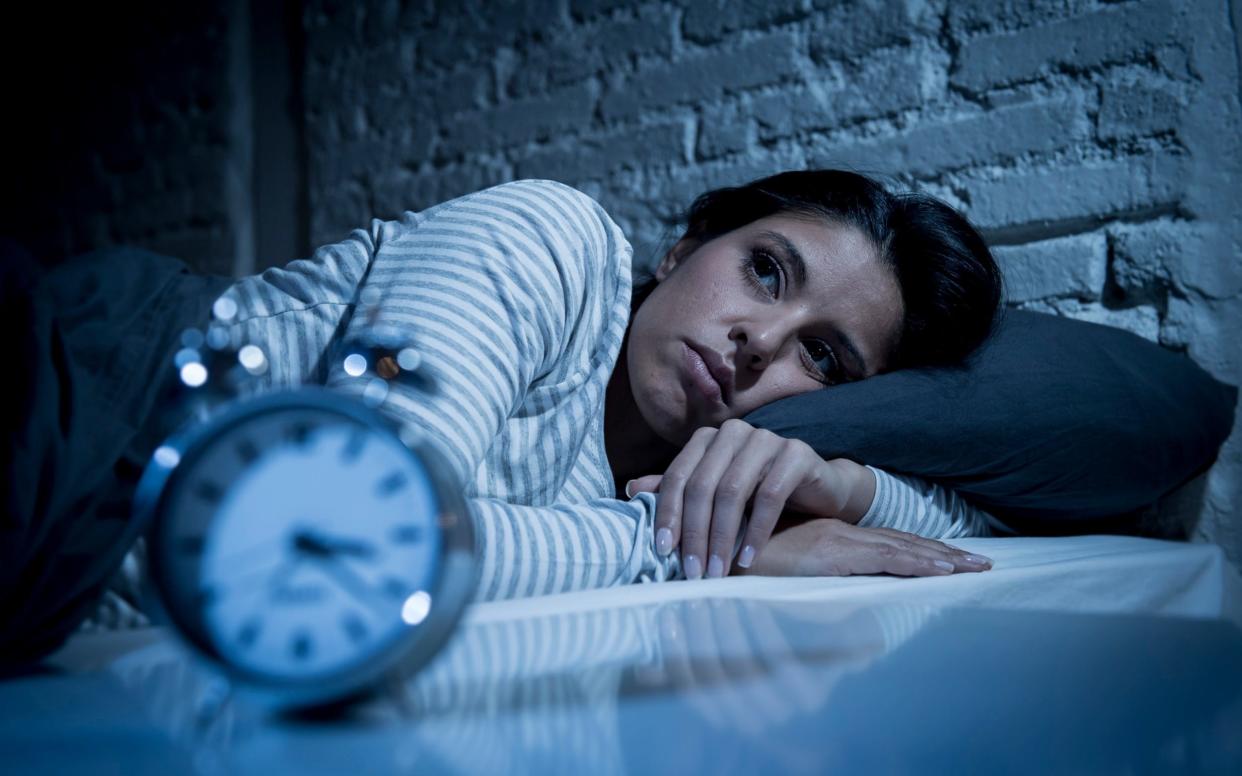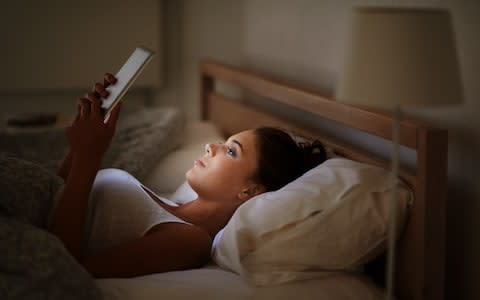Anatomy of the perfect night's sleep, according to science

What does your nightly routine look like? For some it’s ultra luxurious – think silk eye mask and essential oils – and for others getting some serious zzzs is a low key affair – dribbling on the sofa before dragging your carcass upstairs sound familiar? Either way, the pursuit of the perfect night’s sleep is certainly a worthy one. Sleep is a healer and lack of it can seriously and negatively impact our physical health.
There are multiple ways we can ensure our slumber is top-notch, so take note because, well, science says so.
Avoid exercising too early (or too late)
Your perfect night's sleep begins the morning before you go to bed, with the decisions you make in terms of exercise.
While it might be tempting to squeeze in a workout as soon as you wake up (get it out the way), science suggests that the best time is actually after midday.
A 2012 study using mice, published in the Journal of Physiology, found exercising after noon regulated the animals circadian rhythms better than a morning gym sesh. Scientists had the mice run on wheels at varying points throughout the day and noted any benefits felt on their internal clocks.
However, don't exercise too late in the day: good old common sense will tell you that a 5km run will make you feel awake and alert, not ready to drop off.

Don't drink alcohol or caffeine for six hours before going to bed
Caffeine and booze are not the best bedfellows. Both these vices are stimulants that’ll keep you up late, tossing and turning, and give you a lighter sleep when you do eventually drift off.
Researchers at Michigan’s Henry Ford Hospital’s Sleep Disorders & Research Center and Wayne State College of Medicine discovered that even a cup of joe six hours before bed will reduce the quality and the amount of snooze you get in.
Participants were given 400mg dose of caffeine (in pill form) at 0, 3, and 6 hours prior to their usual bedtimes (between 9 p.m. and 1 a.m). Researchers found that all three intervals resulted in sleep disruptions.
As for alcohol...
That cheeky nightcap might also be causing you problems in the bedroom. Although the common perception is alcohol is a great sleep-aid, enjoying a glass or two before bedtime can impact your snooze levels, making the sleep less satisfying and unfortunately the closer you drink towards the deadline, the worse it gets. So, switching to water mid-night out might be a wise choice.
A study, published in the journal JMIR Mental Health looked at the impact of alcohol on 4,098 people and revealed that even low to moderate levels of drinking affects your night's sleep, reducing the restorative quality of it by 9.3 percent.
Ban screens from the bedroom
You know the setup: lying in bed watching just one more episode of Killing Eve with the one eye and aimlessly scrolling through social media with the other. Before you know it, it’s 2am and you’ve got that crucial yearly budget meeting in seven hours time.
It's not just the media that you view on screens that harms your sleep time and quality – it's the screens themselves. A study by Harvard researchers found that using light-emitting devices before bedtime messes with your circadian rhythms, suppressing the sleep-promoting hormone melatonin, reducing REM sleep and consequently leaving you less alert on waking.

Set yourself a sleep/wake time
Getting yourself into a consistent, established sleep routine (even on weekends) doesn’t sound particularly rock 'n' roll, but it could help to greatly improve your sleep quality. As your circadian rhythm, aka your body’s master clock, works on a loop (responding to light and darkness)m disrupting it can have negative repercussions like increased anxiety and brain disorders.
By setting a specific sleep/wake time, and keeping to them even come Friday night/Saturday morning, you'll create for yourself a natural sleep schedule. Soon you might not even need an alarm clock.
Susanna Jernelöv, a psychologist and sleep researcher at Sweden’s Karolinska Institute, even suggests lie-ins are counter-productive and undermine your rhythm. Sorry about that.

Sleep for at least six hours...
If you’re keen on the upkeep of your physical health and don’t fancy upping the chances of dying young, then you'll want to get, at the very minimum, six hours of kip every night.
Lack of sleep can seriously impact your long-term health, lots of studies demonstrate this. One in particular — carried out at the Erasmus MC University Medical Center in Rotterdam and the University of Surrey — looked at 5,000 healthy, middle-aged adults. Those that skipped on sleep, getting less than six hours, had a 4.5 per cent increased risk of having a stroke, compared with those who got seven or eight.
... but no more than eight
So sleep is good – but loads of sleep isn't really good. In fact, it might be detrimental.
A recent study, published in the European Heart Journal, found that sleeping in over your typical eight hours is linked to a 5pc increase of dying or developing diseases of the heart or blood. And that's why many sleep experts recommend rarely if ever sleeping in (so long as you have a regular sleep schedule).
RIP our weekend sleep fest.
Wake up with the sun
Rising with the sun might all sound a bit Disney character, especially if you’re the roll-out-of-bed-and-into-the-office type, but waking up with natural sunlight can help to really kickstart your day. We need the higher serotonin levels (brought on by light) to get us crawling out of bed, plus light also helps optimise our circadian rhythm and remind our internal clocks that the day is just beginning.
A 2017 study, in the journal Sleep Health, looked at 81 employees who wore light-measuring devices for one week in summer and winter. Those that had received a lot of morning light reported increased quality of sleep.

 Yahoo News
Yahoo News 
